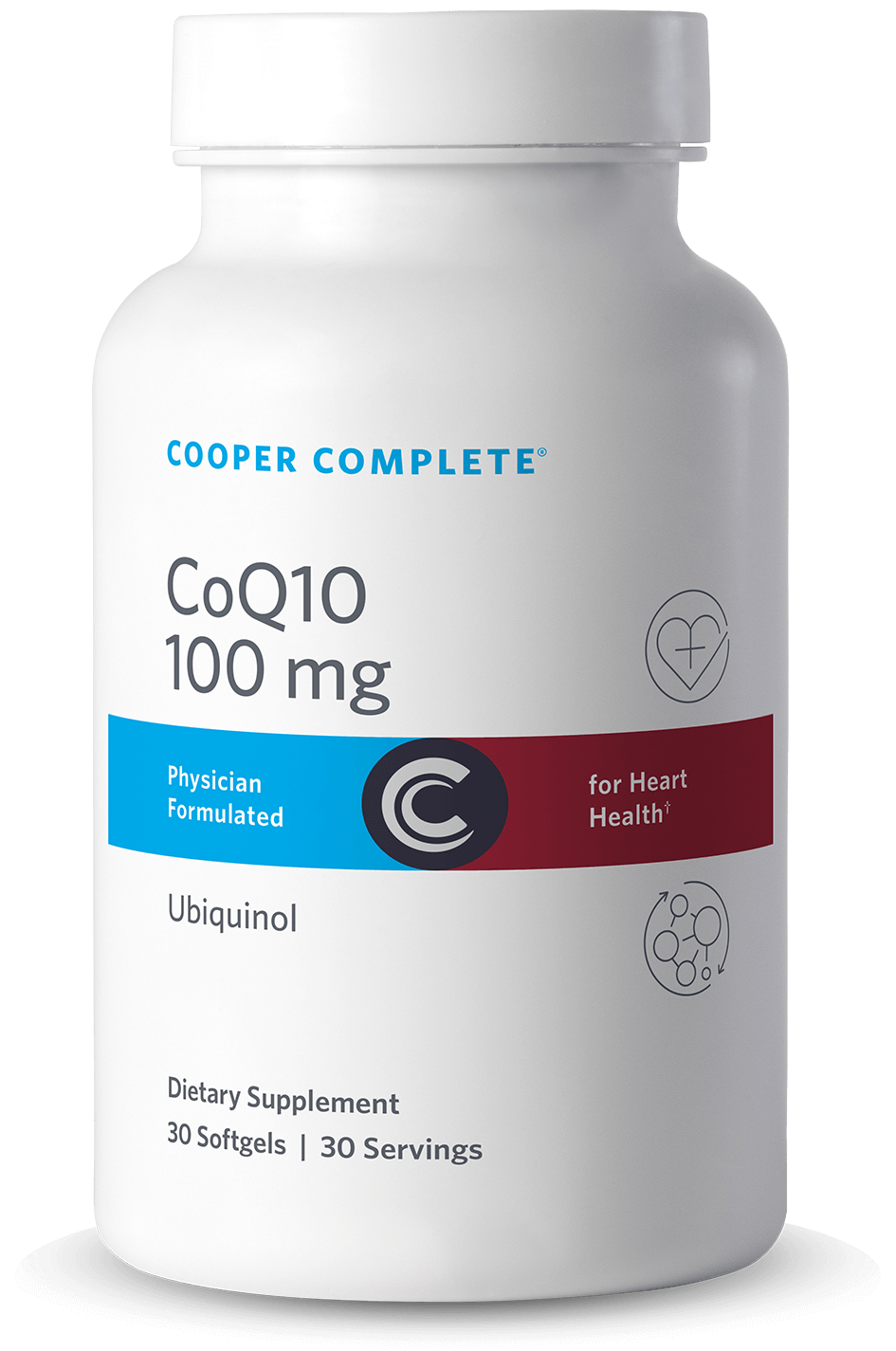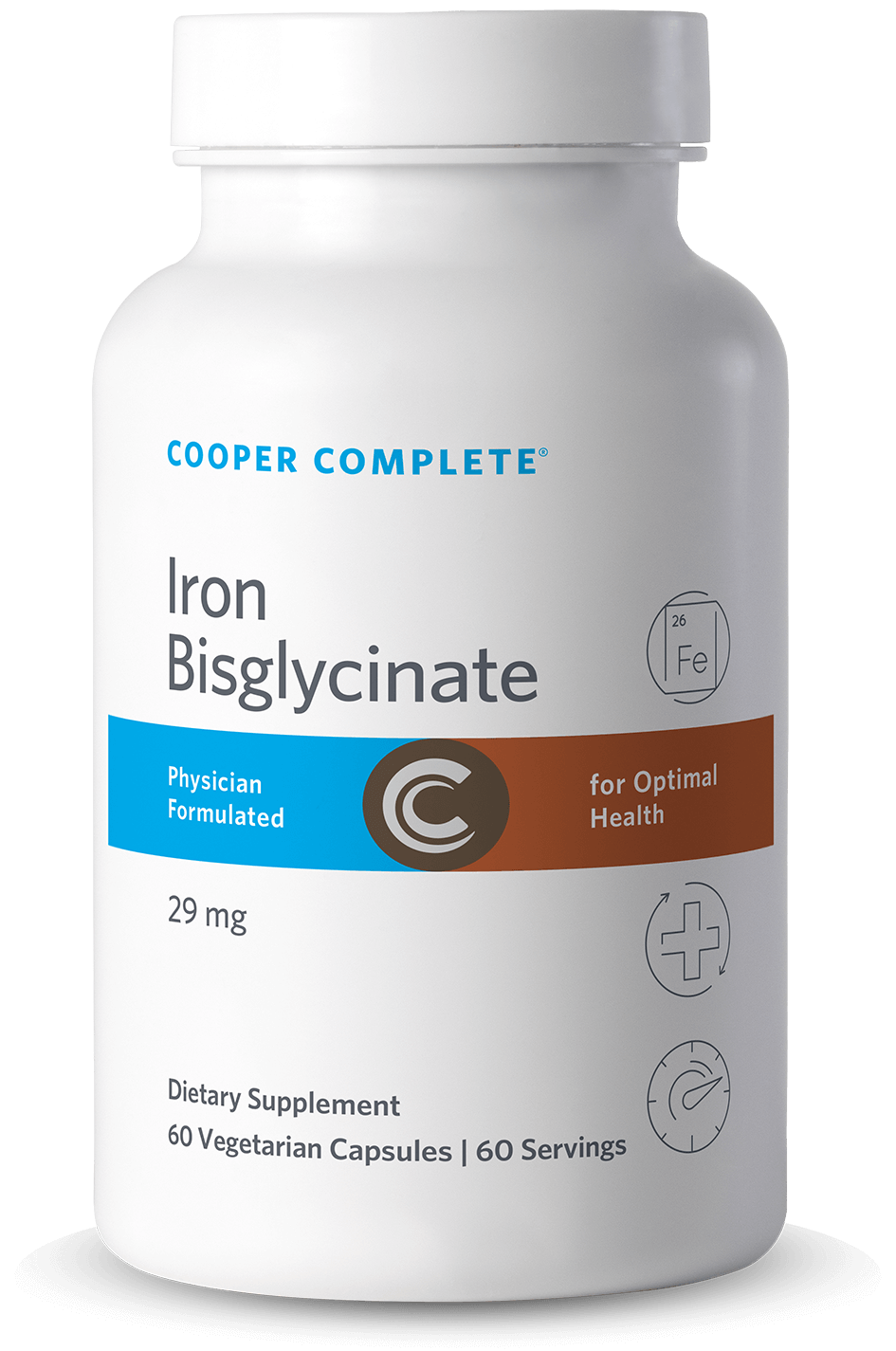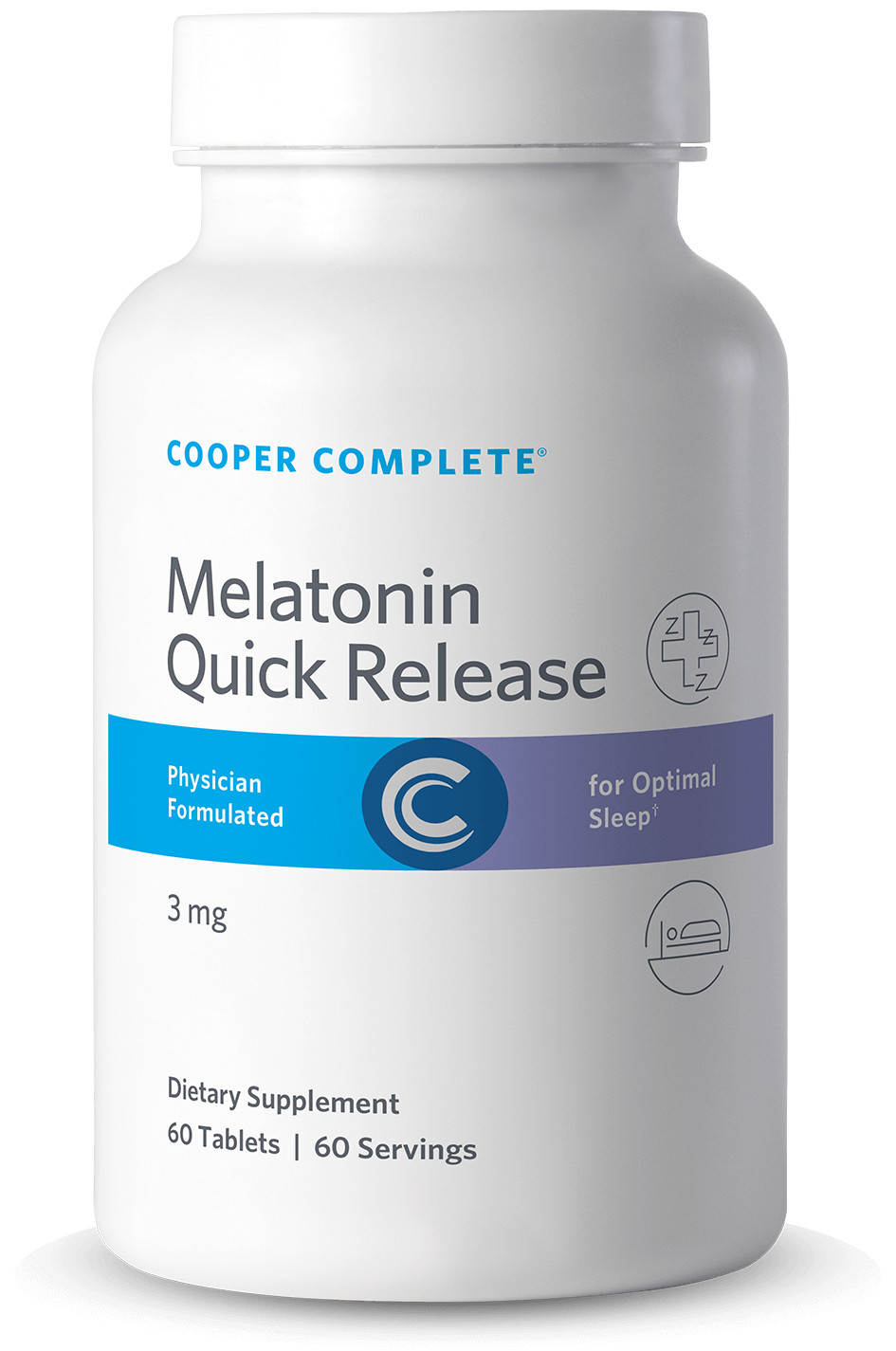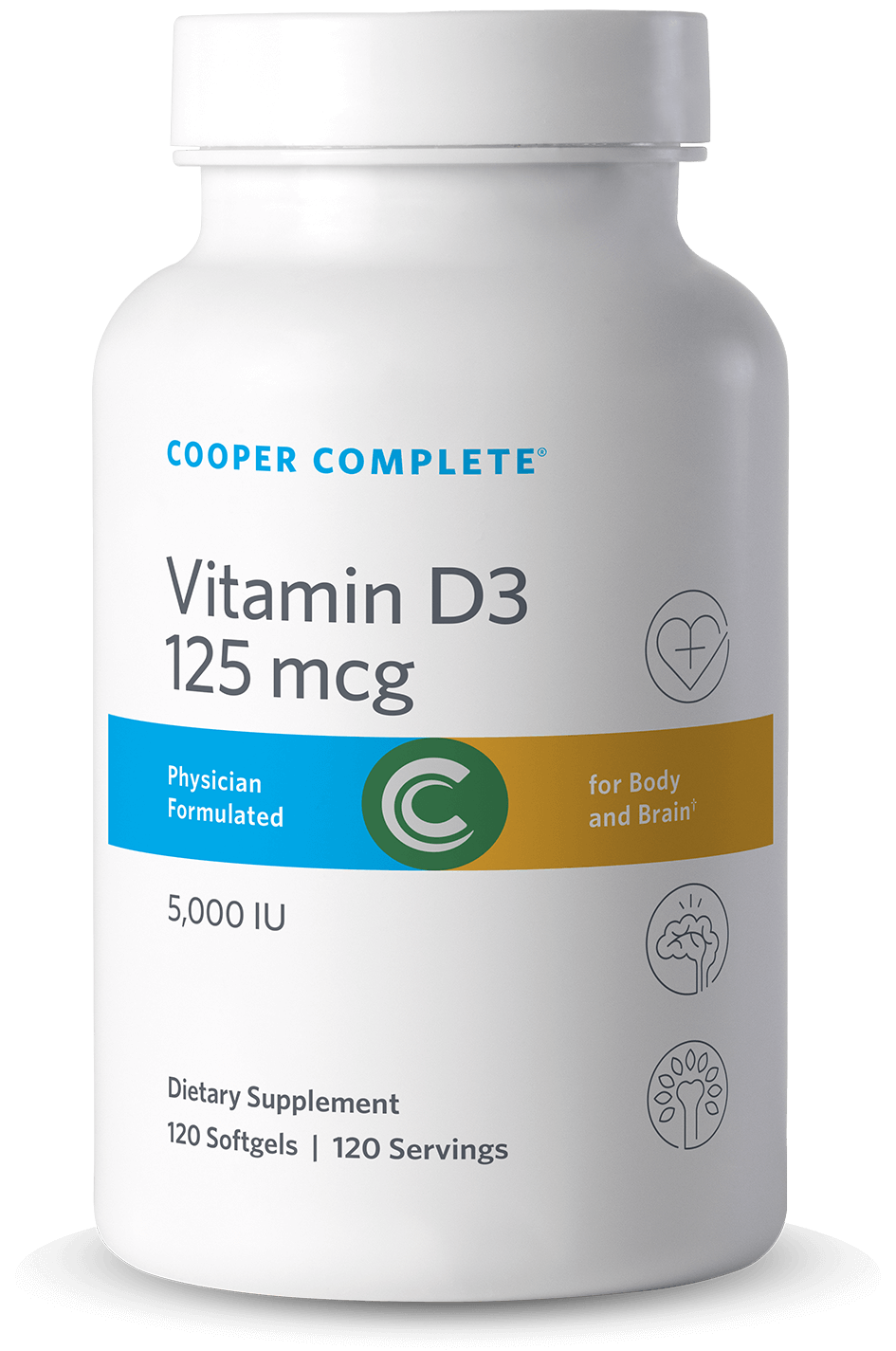Supplements for Headache and Migraine Relief

How common do you think headaches and migraines are? Where do migraines rank among the world’s most debilitating diseases? And are there over-the-counter vitamins and supplements for headache and migraine relief?
Headache Facts
Most people experience a headache occasionally. There are many different types of headaches, with tension headaches being the most common. The National Institute of Health identifies tension-type headaches as the second most common disease globally. (Tooth decay is number one). Women are up to three times more likely than men to suffer headaches, and the difference is due to hormones. Tension headaches are often caused by fatigue, eyestrain, hunger, anger, stress, anxiety, or musculoskeletal neck problems, and they fall into three categories based on their frequency:
- Episodic tension headaches are infrequent, less than one per month. Approximately 70 percent of the population experiences this type of headache.
- Frequent tension headaches are more frequent and occur between 1 and 15 days per month. People with this type of headache often have migraine headaches, too.
- Chronic daily headaches occur 15 or more days per month, with headaches often daily or continuous over 24 hours.
Migraine Facts
Migraines are the third most common disease globally. Migraine headaches affect 13 percent of Americans, and one in four U.S. households includes a migraine sufferer. Like headaches, they are more common in women than men due to hormones. The World Health Organization states migraines are twice as likely in women. In addition to hormonal change, common triggers for migraines include fatigue, certain foods, and stress.
Types of Migraines
The American Migraine Foundation has identified four phases of a migraine. Understanding the phase of a migraine may help recognize and manage symptoms.
- Prodrome – Lasting from a few hours to several days, symptoms include mood change, light or sound sensitivity, difficulty focusing and food cravings. About 60 percent of those with migraines will experience this for one day.
- Aura – Approximately 25 percent of migraine sufferers experience this phase. Symptoms include seeing unusual shapes or flashes of light, the inability to speak clearly, and numbness or tingling in parts of the body. This phase typically lasts five minutes to one hour.
- Headache – Contrary to what we often think, migraines can occur without a headache. Common symptoms of the headache phase include pain on one or both sides of the head, nausea and sensitivity to light and sound. This can last from a few hours up to three days.
- Postdrome – Sometimes called the migraine hangover, about 80 percent of people with migraines experience the postdrome phase. It lasts one to two days after the headache phase of an attack. Symptoms include feeling drained, confused and washed out for a day. Sudden head movements might bring the pain back briefly.
Without proper treatment, a migraine can take several hours to several days to run its course. Traditional medications for migraines include analgesics, anti-migraine medications, and preventive medications. There is a danger in chronic and excessive use of these medications. In fact, medication overuse headaches are the most common secondary headache disorder.
Lifestyle Changes for Migraine Relief
Keeping a journal of when migraines occur can help identify triggers and patterns. Some lifestyle changes may help prevent some headaches and migraines. These include:
- Regular exercise
- Dietary adjustments to avoid trigger foods
- Sleep hygiene and 7-9 hours of sleep each night
- Yoga for relaxation or meditation to aid relaxation
- Avoidance of loud noises and bright lights
Vitamins and Supplements for Migraine Relief
Research has shown that 50 percent of people with headaches have tried alternative treatments, such as supplements. Encouraging research is finding better vitamin and supplement levels may help in the fight for headache and migraine relief. Below is a list of supplements that, according to current research, may help prevent or improve headache or migraine frequency and duration.

100 mg CoQ10 Ubiquinol Supplement
KanekaQH®, the reduced form of coenzyme CoQ-10, provides advanced antioxidant support and promotes cellular energy and optimal heart and immune function.†
$37.98 Add to cartCoenzyme Q10 (CoQ10)
Two small open-label, non-randomized clinical trials in adults (one with 32 adults and one with 80 adults diagnosed with migraine headaches) have shown that taking coenzyme Q10 at a dose of 100-150 mg daily can reduce the frequency of headaches by up to 50 percent compared to baseline or control. However, researchers cautioned that CoQ10 needs to be taken daily, and it can take up to 3 months before the benefit is seen.
A double-blind trial of 42 migraine patients showed that taking 300 mg CoQ10 (100 mg, three times daily) reduced migraine frequency, number of headache days, and the number of days with nausea. In another double-blind, placebo-controlled clinical trial, 46 women diagnosed with migraines were supplemented with 400 mg of CoQ10 daily for 12 weeks or a placebo and found that CoQ10 supplementation significantly decreased the frequency, severity and duration of migraine attacks. The study authors concluded that 400 mg of CoQ10 daily may be a complementary treatment for migraine headaches.
Interestingly, a cohort study of 1,550 children and adolescents (ages 3-22) migraine suffers found low CoQ10 levels. On average, CoQ10 blood levels were almost 33 percent lower than recommended. Following supplementation (1 to 3 mg/kg per day) for nearly 100 days, headache frequency improved from 19.2 +/- 9.8 days per month to 10.0 to 12.5 +/- 10.8 days per month. 46.3 percent of the patients saw a 50 percent reduction in headache frequency.
Coenzyme Q10 (CoQ10) is an antioxidant used at the cellular level for growth and maintenance. It is found throughout the body, especially in the mitochondrial membranes and the heart, lungs, liver, kidneys, spleen, pancreas and adrenal glands. Levels decrease with age and heart disease, neurodegenerative diseases, fibromyalgia, and diabetes. While CoQ10 is found in animal protein, especially organ meats such as liver and oily fish such as salmon, sardines and tuna, the amounts are too small to increase CoQ10 levels significantly. (For example, 3 ounces of beef liver has approximately 4 mg of coQ10, while 3 ounces of mackerel have about 7 mg.) So, ultimately, supplements are the most common way to increase levels of CoQ10.
Cooper Complete Products Containing CoQ10: Original multivitamins, 100mg; CoQ10 Ubiquinol 100mg supplement. Iron Bisglycinate Supplement contains 29 mg of gentle and highly absorbable Ferrochel® (a patented chelated iron in the form of iron bisglycinate) intentionally designed to avoid gastric upset or constipation.

Iron Bisglycinate Supplement 29 mg
Iron Supplements for Headache Relief
In addition to extreme fatigue, weakness, and pale skin, headaches are a symptom of an iron deficiency. While iron deficiency is most common in menstruating women, deficiencies are also common in people with inflammatory disease or Crohn’s disease. Regular blood donors with normal hemoglobin levels may experience low iron following donation. One study of 215 adult blood donors who had donated whole blood or red blood cells within the prior four months found it took 78 to 158 days (depending on initial ferritin level) for ferritin levels to recover after donating a unit of blood.
A cross-sectional study of 7,880 adults (20 years and older) from the National Health and Nutrition Examination Surveys (NHANES) assessed the association of dietary iron and serum ferritin with severe headaches or migraines. Over 20 percent of the participants reported severe headaches or migraines. They found that most younger women (20-50 years) consumed less dietary iron than the recommended daily allowance and that low dietary iron intake was inversely associated with severe headaches or migraines in this age group.
If you suffer from frequent headaches or migraines, it’s worth considering whether your iron level is appropriate.
Cooper Complete Products Containing Iron: Iron Bisglycinate supplement 29 mg in one capsule; Basic One With Iron and Original With Iron Multivitamin contain 18 mg.
Magnesium Supplements for Headache and Migraine Relief
Literature suggests magnesium deficiency increases headache risk. The American Migraine Foundation reports that 400-600 mg of magnesium daily is recommended to prevent migraines with aura and menstrually-related migraines. The most common form of magnesium used, magnesium oxide, can cause side effects such as diarrhea. For this reason, chelated magnesium or slow-release magnesium may be preferred.
A 12-week, double-blinded study followed 81 people with recurring migraines. Half received 600 mg of magnesium daily and half a placebo. Migraine frequency declined 41.6 percent in the magnesium group compared to a 15.8 percent reduction in the placebo group. Magnesium is a mineral involved in nerve cell function. Magnesium occurs naturally in nuts, whole grains, and dark green vegetables. Quick Release Melatonin promotes restful sleep patterns and supports falling asleep faster.† Melatonin supports normal sleep/wake cycles, healthy immune function and antioxidant activity.†
3 mg Melatonin Quick Release Supplement
Cooper Complete Products Containing Magnesium: Tableted multivitamins contain magnesium oxide monohydrate. Basic One multivitamin contains 200 mg of magnesium, while Original Multivitamin contains 660 mg of magnesium. Magnesium Glycinate provides 120 mg of chelated magnesium if additional magnesium is needed.
Melatonin for Headache and Migraine Relief
While melatonin is most often recommended to support restful sleep, it also has additional benefits. High levels of this naturally occurring hormone have been linked with decreased pain in people with fibromyalgia, irritable bowel syndrome, and migraine headaches. A randomized clinical trial of 178 adult men and women diagnosed with migraines was randomized to receive a placebo, an antidepressant (25 mg amitriptyline) or 3 mg melatonin 30 minutes before bedtime for three months. More than 50 percent of the participants who received 3 mg melatonin nightly experienced a decrease in migraines, with an average headache frequency reduction of 2.7 migraine headache days.
Another study evaluated the impact of melatonin on primary stabbing headaches (PSH), also called ice pick or idiopathic stabbing headache. In the study, adults who took 3 mg- to 12 mg melatonin nightly for two to four months reduced stabbing headache frequency.
The pineal gland creates melatonin as a natural hormone to regulate sleep. Melatonin also has anti-inflammatory, analgesic, and antioxidant properties. In addition to this study, some research suggests melatonin production might differ in people with migraines.
Cooper Complete Products Containing Melatonin: Quick Release Melatonin supplement, 3 mg; Prolonged Release Melatonin supplement, 5 mg.
Omega-3 and Omega-6 Fatty Acids and Headache and Migraine Relief
In a 16-week study of 182 adult women with migraines 5-20 days per month, a three-arm, parallel-group, randomized, modified, double-blind, controlled trial looked at three diets with (omega-3 fatty acids) EPA, DHA and the omega-6 fatty acid linoleic acid altered as controlled variables. EPA and DHA are the long-chain omega-3 fatty acids associated with anti-inflammatory benefits, while linoleic acid (omega-6) is a type of polyunsaturated fat found in plant-based fats such as vegetable oil, nuts and seeds. While Omega-6 was not beneficial in providing headache or migraine relief, omega-3 supplements did offer headache relief benefits.
Omega-3 and Omega-6 Fatty Acids |
|||
|---|---|---|---|
| Omega Fatty Acid | Group 1 | Group 2 | Group 3 |
| Omega-3 (EPA + DHA) | 1.5 g/day | 1.5 g/day | Maintain EPA + DHA at <150 mg/day |
| Omega-6 (Linoleic acid) | 7% of energy (calories) | Decrease linoleic acid to ≤1.8% of energy | Maintain linoleic acid at 7% of energy (calories) |
Blood tests and a six-item questionnaire assessing headache impact on quality of life were administered at the beginning and end of the study, and participants kept an electronic diary detailing headache frequency.
Researchers found both Groups 1 and 2 diets reduced the frequency and severity of headaches compared to the control group but did not significantly improve quality of life. Group 1 (high omega-3) saw a reduction of 2 headache days per month, while Group 2 (high omega-3 and lowered omega-6) saw a reduction of 4 headache days per month. In addition, participants in Groups 1 and 2 reported shorter headaches that were less severe than those in the control group.
Cooper Complete Products Containing Omega fatty acids: Advanced Omega-3 supplement 1.2 g Omega 3 (720mg EPA + 480mg DHA) in two softgels. Advanced Liquid Omega 3 contains 2.6 gms Omega 3 (1.3 g EPA + 850 mg DHA + 175 DPA) in 1 measuring teaspoon.
Vitamin B2 (Riboflavin) for Migraine relief
The B vitamin riboflavin helps convert food into energy in the body and, like CoQ10, is important for mitochondrial function. The recommended daily amount (RDA) of riboflavin for adult men is 1.3 and 1.1 mg for women. Milk and dairy are the biggest sources of riboflavin consumed in the diet, followed by fortified bread and cereal.
Mitochondrial dysfunction is suspected to play a role in some types of migraines. Riboflavin supplementation has been studied, and multiple studies have shown favorable results for high levels of vitamin B2, reducing the number of migraine occurrences. This is exciting, as riboflavin supplements have few side effects. One example is a three-month, randomized trial of 55 people. Some were given 400 mg of B2 as compared to the placebo group. The B2 group saw a significant reduction in the number of migraine attacks per month as opposed to only 15 percent of the placebo group. Markedly, most of those given B2 experienced a reduction of two migraines per month, representing more than a 50 percent decrease in the number of migraine attacks.
Vitamin B2 is a vitamin that plays an important role in metabolism and boosting energy production inside nerve cells. B2 is naturally present in many vegetables and leafy greens, nuts, wild rice and organ meats such as the liver.

Vitamin D3 125 mcg (5000 IU) Supplement
Many individuals don't get enough vitamin D from sunlight or through diet. Vitamin D3 form of Vitamin D Supplement for better absorption.
$26.98 Add to cartCooper Complete Products Containing Vitamin B2: Basic One multivitamins, 2 mg; Original multivitamins, 10 mg
Vitamin D3 Supplements for Headache Relief
Research presented at the 58th Annual Scientific Meeting of the American Headache Society supported that vitamin D deficiency contributed to migraine occurrence. Overall, the investigation of the benefits of vitamin D for migraines is in the preliminary stages. However, vitamin D deficiency is common in the United States, and researchers believe many headache patients also have a vitamin D deficiency. A meta-analysis of six randomized clinical trials and 301 patients found that vitamin D supplementation could markedly reduce headache attacks per month compared with the control group in migraine patients. Therefore, Cooper Clinic recommends a baseline of 50 mcg (2000 IU) of vitamin D across the board.
Vitamin D is a crucial ingredient for many body functions. Chiefly, it’s best known for helping absorb calcium and promote healthy bone growth. In particular, deficiency is associated with many conditions, such as certain cancers, depression, and heart disease. Vitamin D is present naturally in fish, eggs, and fortified milk; it is also absorbed through sun exposure.
Cooper Complete Products Containing Vitamin D: Basic One and Original – 50 mcg (2000 IU); Standalone Vitamin D3 supplements with 25 mcg (1000 IU) and 125 mcg (5000 IU) softgels and 25 mcg Liquid Drop.
Probiotics for Headache Relief
You have likely heard of the gut-brain axis. The term refers to the bidirectional relationship between the gastrointestinal tract and central nervous systems. A higher incidence of headaches in patients with gastrointestinal disorders suggests a link between gut microbiota and brain function. By altering the types of bacteria in your gut, it may be possible to improve your brain health. A 2019 study found evidence that the benefits of probiotics include reducing the frequency, severity, and duration of migraine attacks. One measure found patients saw a 45 percent reduction in migraines than those in the placebo group.
Cooper Complete Probiotic Product: Advanced Daily Probiotic supplement contains a synbiotic blend of 4 strains and 35 billion CFU probiotics.
If you are battling headaches and migraines, discuss adding these supplements to your treatment plan with your doctor. Vitamins and supplements for headache and migraine relief generally have few side effects and may significantly help improve your quantity and quality of life. Obtaining proper nutrients supports a healthy lifestyle, which is why Dr. Kenneth Cooper advocates taking the right nutritional supplements and eating a balanced diet.
Registered Dietitian Nutritionist and Certified Wellness Coach Meridan Zerner, MS, RDN, CSSD, LD, CWC of Cooper Clinic and Cooper Fitness Center, shares what to avoid and keep in your diet as you take steps to reduce migraine frequency and severity.
